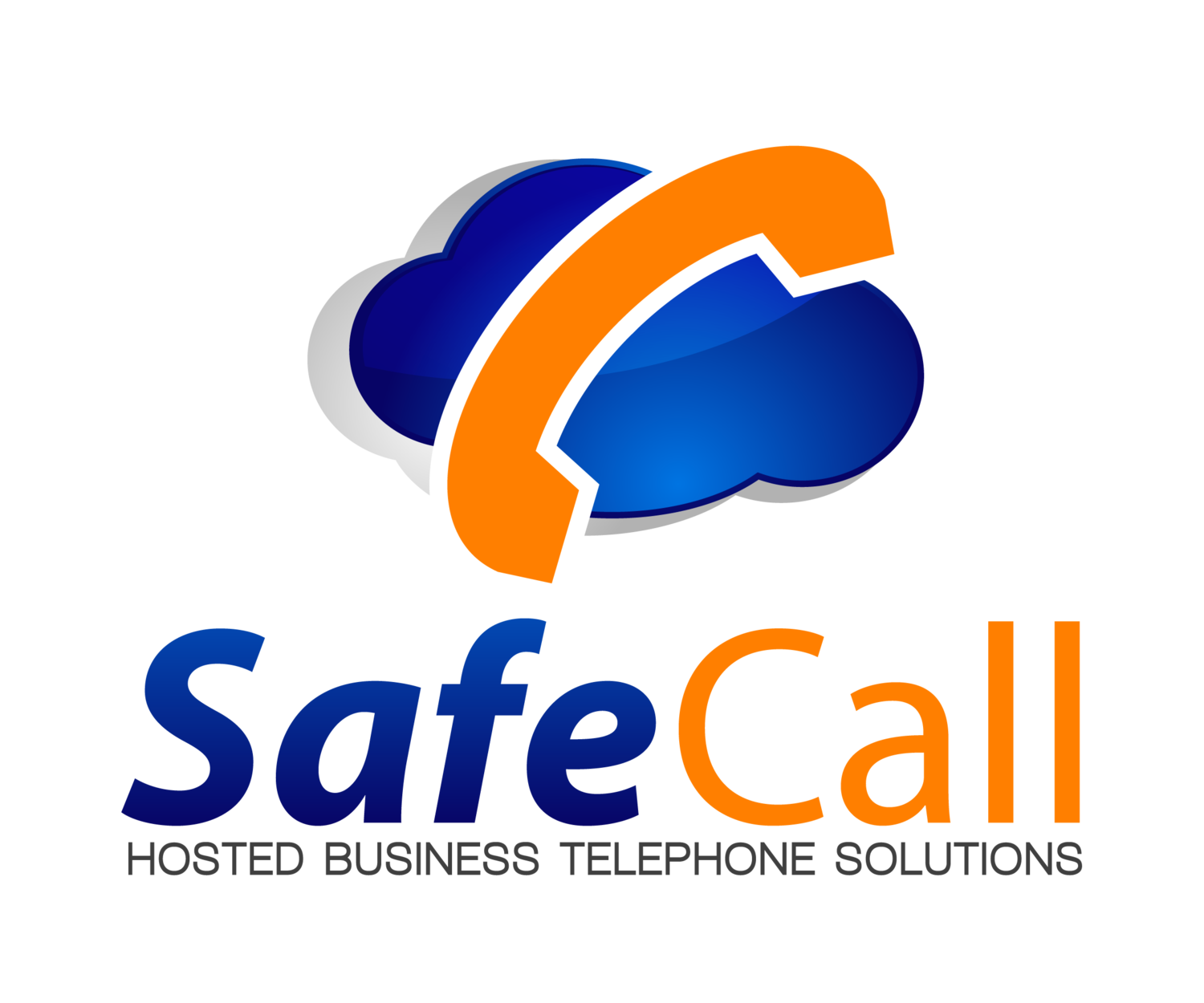Are Cloud-Based Telephone Systems Secure?
With many companies struggling to work remotely in the wake of the COVID-19 pandemic, hackers and cybersecurity attackers exposed more than 8.4 billion records in the first quarter of 2020 alone. This is only the tail end of a three-year-long trend in data security breaches, however, that has shone a spotlight on the lack of integrity and safety in transmitting data to and from office devices over different types of physical networks.
Also, an indication of the lack of training and expertise many organizations have in place when it comes to ensuring the integrity of their own IT systems, the massive incidence of security breaches has led to a concurrent wave of outsourcing in telephone systems to cloud-based telephone systems service providers. Today, as we break down the security measures in place across cloud-based phone systems, SafeCall asks and answers the question with a resounding affirmative: are cloud-based telephone systems inherently more secure than land-line premise-based alternatives?
Demand for High-Performance Results in High-End, Remote Data Centers
Installed at the premise-level, phone systems are going to rely on lower-end copper cabling and a number of vulnerable devices, including the hubs, switches, and servers necessary to structure the network, all of which are located on-site. The sheer surface of the internal network provides attackers with more exposed and exploitable opportunities. With cloud-based telephone systems, nothing is stored on-site, and often-times the highest-end, most secure cabling is used in order to maximize data transmission speeds. There
is less of the actual network onsite available for attackers to come after, and the segments of the network that are onsite are more secure, more easily secured, and subsequently harder to attack.
The Security is In the Protocol
In order to properly transmit data on a cloud-based phone system, these telephone systems utilize your existing data network, which we’ve already shown to be more secure than phone lines, using a special protocol known as Voice over Internet Protocol (VoIP). Using this protocol, cloud-based telephone services can take advantage of a number of security measures.
Encryption
Traditional phone lines are simply voice signals passing over copper wiring with little control over how that’s accomplished. For a cloud-based system, utilizing VoIP allows the system to add an additional layer of protection by encrypting conversations and any other data passed across the network.
VPN
This additional security measure allows workers in the field to create a virtual tunnel directly to their organization’s network, minimizing the signal exposure en route. Combined with encryption, making calls over a VPN creates an additional layer of security for your cloud-based phone system.
Separate VLAN Dedicated to VoIP Traffic
When it comes to cybersecurity, there are no guarantees that your data will never be hacked and accessed. Much of the efforts taken to secure data across networks such as what we’ve described here for cloud-based phone systems are part of an overall strategy for adding layers of access that put more space between attackers and your data and internal networks. Segmenting your network with virtual local area networks (VLANs) and dedicating specific traffic to each VLAN is a method of allowing your administrators to better monitor and protect your system. By routing VoIP traffic through a dedicated VLAN, you’ve added an additional layer on top of the VPN and encryption.
Charlotte’s Premier Provider of Business Phone Systems
The business landscape is dangerous and full of threat-actors looking to pick off small businesses trying to operate on limited budgets and limited technologies. That’s why it’s crucial for small businesses operating in Charlotte, one of the most active and competitive cities in the United States, to have every advantage and method in place to both enhance their business and protect it against malicious data thieves. SafeCall’s cloud-based VoIP lines use the security measures outlined above and more to ensure client data remains protected. Learn more about our cloud-based business phone systems from our team of experts.
